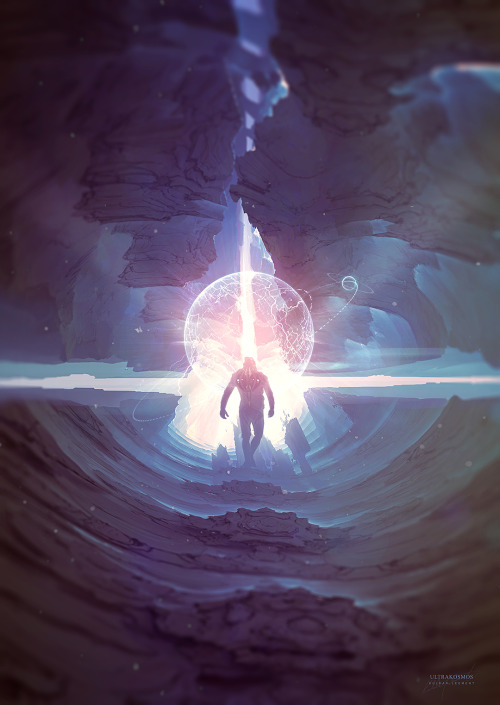Interview: The Daily Beast interviews John Travolta, who defends his role in Battlefield Earth.
Interview: Diabolical Plots interviews Ann Leckie, author of Ancillary Sword.
Interview: Film Journal interviews Terry Gilliam, director of The Zero Theorem.
Interview: HuffPo interviews David Mitchell, author of The Bone Clocks.
5 Things Literary Writers Can Learn from Sci-Fi Writers
A 5-Year-Old Worries Voyager Will Get Lonely, Receives Best Answer Ever
Call the Doctor: The Many Faces of Doctor Who
Comic Book Overload: The Wrap explains Why TV Has Gone to the Superheroes
David Brin on Peering into the Future: AI and Robot brains.
Den of Geek considers Steven Moffat’s mysterious female characters in Doctor Who.
The Dystopian City and Urban Policy: Science fiction has inspired scientists and political activists, but it should be an inspiration for municipal governments too.
Has Doctor Who become unsuitable for children? asks the Mirror Online.
Economist discusses Robot jurisprudence and the question of How to judge a ’bot.
Faux-fanity: Ranking Science Fiction Swearing From Shuck To Shazbot
Film School looks back at Terry Gilliam’s Dystopic Futures.
In defense of dystopian science fiction.
Is young-adult movie craze changing genre books, readers?
The Script lab remembers Top 10 Pre-Star Wars Sci-Fi Flicks
Steampunk Fiction and the Women Who Write It
Terry Pratchett isn’t jolly. He’s angry: Terry Pratchett may strike many as a twinkly old elf, but that’s not him at all. Neil Gaiman on the inner rage that drives his ailing friend.
Time demonstrates how Original Star Trek reviewers didn’t get it.
The transcript of Joss Whedon’s Impossible Screenwriting Seminar: “Joss Whedon the man who brought you Buzz has emergency root canal then gives you wisdom.” A must for screenwriters.
Vulture remembers The 7 Greatest Wrong Lost Theories Ever
When Science Fiction Grew Up: How renegade sci-fi writers of the 1960s paved the way for today’s blending of literary and genre fiction.
Why Gadgets aren’t the coolest part of sci-fi.
Why our science fiction needs new dreams.

No comments:
Post a Comment